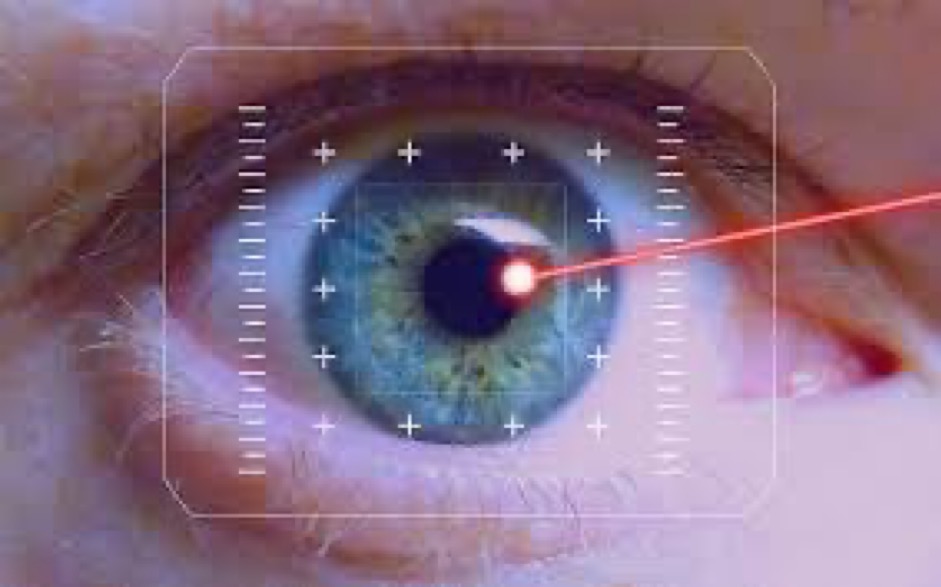100,000 in UK Considering Laser Eye Surgery in 2024 but Vast Majority Unaware of Alternative Solution That Reduces Side Effects Such as Night Vision Issues

Specialist eye consultant and founder of London Ophthalmology Centre, Vik Sharma, is a leading mind in eye care in the UK and globally and looks after the eyesight of Hollywood Stars, Royal Families and Celebrities. He has commissioned a National Eye Health Survey* to highlight the importance of regular check-ups, raise awareness of glaucoma, cataracts and other diseases that can impact vision and make the public aware of new and innovative solutions for eye care.
The extensive survey has highlighted that a third (33%) of the UK public is considering having laser eye surgery, but the vast majority are unaware it is irreversible and only 16% are aware of the impact it can have on night vision.
Even fewer (7%) are aware of iCL Vision Correction, a solution that goes beyond LASIK. It helps people enjoy sharper, clearer, and more vivid vision, with greater depth and dimension. Lens replacement, refractive lens exchange and iCL offer better-quality vision and more stable results and the London Ophthalmology Centre offers high-definition, spectacle-free vision, without the need to cut the central cornea.
Over 100,000 thousand people in the UK have laser eye surgery (LASIK) every year with many of them opting for this surgery without knowing about other potentially safer, better and more permanent solutions.
The main intention of any laser surgery on the eye, such as LASIK, is to permanently alter the shape of the cornea, to redefine how light is focused on the retina. However, in many cases, undergoing laser eye surgery or other refractive surgeries to the cornea may not be in the patient’s best interest and doesn’t offer the best quality or stability.
One impact of this procedure that patients report is issues with night vision including glare, halos, and starbursts, which can make driving at night difficult. For many patients, these can be temporary issues but for some, these problems can persist beyond the normal recovery period.
This long-term issue could be because of the intrusive nature of the procedure. This can cause light to bend irregularly at the point where the treated and untreated cornea meet, causing night vision problems. Another issue impacting night vision might be due to decentred ablation which occurs when the laser treatment is not perfectly centred over the pupil.
ICL Vision Replacement provides vision correction that goes beyond LASIK. It helps you enjoy sharper, clearer, and more vivid vision, with greater depth and dimension. It’s called High Definition Vision, and the fully reversible procedure takes less than 5 minutes using anaesthetic eye drops only- no injections or needles.
Consultant Vik Sharma, commented, “Some people are more likely to develop night vision problems after Lasik. Those with larger pupils and greater refractive error are more likely to have night vision problems and this should be flagged with the patient before any surgery occurs.
It is concerning to see so many of the public unaware that laser eye surgery is permanent and cannot be reversed and that millions aren’t considering the alternatives available for eyesight correction.
Many refractive procedures such as LASIK offer the promise of improved visual acuity, but the quality of your vision especially night vision may vary significantly based on the procedure you choose. This is why at the clinic we offer alternative procedures that give our clients sharper, clearer, and more vivid vision, with greater depth and dimension.”
The London Ophthalmology Centre (OC) is a world-leading eye care clinic and offers some of the latest innovative techniques that are exclusive to the clinic. All consultants hold Fellowships FRCOphth with the Royal College of Ophthalmologists. The centre was founded by Mr Sharma who is a surgeon to royalty and the trusted choice of professional colleagues including doctors, GPs and eye surgeons.
To find out more visit the London OC website – London OC




